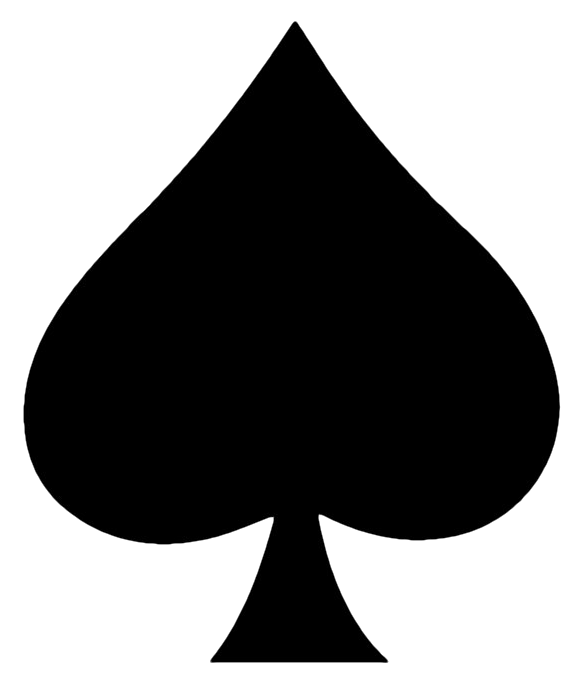


 K
K
K
K
K
K
K
K
Step 1 – IDENTIFY THE PROBLEM(S)
• Briefly state the Scenario: If you were faced with limited resources, how would you balance palliative care priorities with pain relief for incoming trauma patients?
• List the Issues that arise from the scenario.
• Identify Critical Information required and Assumptions to be made:
This scenario is unlikely to apply to international military medical units as it would be unusual for them to be treating cancer patients. However, this is a common challenge for local medical facilities in emergency situations when clinical care for routine patients, especially those with long-term conditions is disrupted by the volume of acute cases. The primary issue is how to balance palliative care priorities with providing pain relief for incoming trauma patients when faced with limited resources. This involves deciding how to allocate analgesics and other critical medications in a way that minimizes suffering while addressing acute emergencies. Critical information needed includes the availability and supply chain for analgesics, the needs of both trauma and palliative care patients, and the established prescribing protocols. Assumptions must be made about the expected demand for analgesics, the severity of conditions in both patient groups, and the capacity of the healthcare facility to replenish supplies.
Step 2 – ANALYSE
Patient: Healthcare professionals must prioritize alleviating suffering and treating life-threatening conditions while respecting the dignity of all patients, regardless of their medical condition. According to the WMA International Code of Medical Ethics (https://www.wma.net/policies-post/wma-international-code-of-medical-ethics/), healthcare providers should strive to use resources in the best way to benefit both individual patients and the broader community. In this context, emergency care may take precedence over chronic conditions, but palliative care patients must still receive adequate pain relief whenever possible.
Clinical: The clinical challenge lies in determining the immediate and long-term needs of both trauma and palliative care patients. The Geneva Conventions (Protocol I, Article 10; Protocol II, Article 7, https://ihl-databases.icrc.org/applic/ihl/ihl.nsf/Article.xsp?action=openDocument&documentId=2F86D0055DF0E6ECC12563CD0051DA8A ) require that medical care be based on clinical need without discrimination. For trauma patients, the focus is on stabilizing life-threatening injuries, whereas for palliative care patients, the priority is managing pain and improving quality of life. Balancing these competing needs requires clear guidelines and protocols for resource allocation.
Legal: International humanitarian law and ethical frameworks emphasize non-discrimination in the allocation of medical resources. The WMA Declaration of Lisbon on the Rights of the Patient (https://www.wma.net/policies-post/wma-declaration-of-lisbon-on-the-rights-of-the-patient/#:~:text=Every%20person%20is%20entitled%20without,with%20his%2Fher%20best%20interests.) underscores the right of every patient to medical care of good quality and a fair selection process when resources are limited. Healthcare professionals must ensure that decisions are made transparently and equitably.
Societal/Military: In a military or crisis context, resource constraints are often severe, requiring healthcare personnel to make difficult decisions about prioritizing care. This may involve collaboration with local authorities or NGOs to secure additional resources or redistribute supplies. Establishing clear communication and protocols can help address potential ethical dilemmas and maintain trust among patients and the community.
Step 3 – FUSE
• Summarise conclusions
• Insert citations to key reference sources for your analysis
• Determine the exact Decision(s) to be made
The conclusion is that trauma patients should generally take precedence over palliative care patients due to the urgency of their conditions. However, palliative care patients must still receive sufficient pain relief to maintain their dignity and alleviate suffering. Resource allocation should be guided by clear, codified protocols that prioritize based on clinical need while ensuring equitable treatment. References such as the Geneva Conventions (Protocol I, Article 10) and the WMA International Code of Medical Ethics (https://www.wma.net/policies-post/wma-international-code-of-medical-ethics/) provide ethical and legal justification for these decisions. Collaboration with local stakeholders and the use of contingency planning can help address resource shortages effectively.
Step 4 – DECIDE
• What is your Decision?
• Why (can you justify it)?
• Residual uncertainly, need for review?
The decision is to allocate resources primarily to trauma patients while ensuring that palliative care patients receive adequate pain management within the available capacity. This approach is justified by the WMA Declaration of Lisbon on the Rights of the Patient (https://www.wma.net/policies-post/wma-declaration-of-lisbon-on-the-rights-of-the-patient/#:~:text=Every%20person%20is%20entitled%20without,with%20his%2Fher%20best%20interests.), which emphasizes non-discrimination and equitable resource allocation. Residual uncertainty may arise regarding future supply shortages or unexpected demand increases, but clear protocols and close monitoring of stock levels can help mitigate these challenges. Partnering with NGOs or international donors could also provide additional support during prolonged emergencies.
Further discussion points
• What is the state of the global opioid supply?
• An international donor has approached you as a trusted party to advise on a donation of medical supplies to the local hospital. Do might you assess their needs?
• Would you accept donations and or use out of date drugs to treat patients if you had limited supplies?
• What are the guidelines for donating medical equipment/drugs in humanitarian emergencies?
The global opioid supply faces significant disparities, with shortages in low- and middle-income countries exacerbated by regulatory restrictions and unequal distribution. Efforts to address this include initiatives by organizations such as the Lancet Commission on Palliative Care and Pain Relief, which emphasizes equitable access to pain relief as part of universal health coverage (Knaul et al., 2018, https://doi.org/10.1016/S0140-6736(17)32513-8 ). When assessing donations of medical supplies, it is essential to evaluate the local hospital's specific needs, considering factors such as available infrastructure, staff capacity, and patient demographics (Marks et al., 2019, http://dx.doi.org/10.1136/bmjgh-2019-001785 ). While out-of-date drugs may be considered during severe shortages, their use must adhere to WHO guidelines that ensure safety and efficacy (McDonald et al., 2019, https://doi.org/10.1093/inthealth/ihz004 ). Donations should comply with established international standards, such as the WHO Guidelines for Medicine Donations, to ensure they are appropriate, safe, and sustainable for the receiving facility.
Reviewed and formatted by: Alexandros Carver, 3rd Year Medical Student KCL, December 2024
Further reading:
• Sphere Handbook Chapter 8: Health, Sections 2.6 and 2.7. Available at: https://spherestandards.org/handbook-2018/
• WHO Guide: Integrating palliative care and symptom relief into the response to humanitarian emergencies and crises. Available at: https://www.who.int/publications/i/item/integrating-palliative-care-and-symptom-relief-into-the-response-to-humanitarian-emergencies-and-crises
• Nouvet, E., Sivaram, M., Bezanson, K., et al. Palliative care in humanitarian crises: A review of the literature. Int J Humanitarian Action 3, 5 (2018). Available at: https://doi.org/10.1186/S41018-018-0033- 8
• Afsan Bhadelia, et al. Solving the Global Crisis in Access to Pain Relief: Lessons from Country Actions. Am J Public Health 109, no. 1 (2019): pp. 58-60. Available at: https://doi.org/10.2105/AJPH.2018.304769
• Knaul FM, et al. Alleviating the access abyss in palliative care and pain relief—an imperative of universal health coverage. Lancet 2018;391(10128):1391-1454. Available at: https://doi.org/10.1016/S0140-6736(17)32513-8
• Marks IH, Thomas H, Bakhet M, et al. Medical equipment donation in low-resource settings: A review of the literature and guidelines for surgery and anaesthesia in low-income and middle-income countries. BMJ Global Health 2019;4:e001785. Available at: http://dx.doi.org/10.1136/bmjgh-2019-001785
